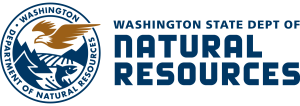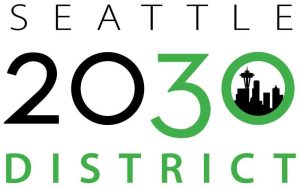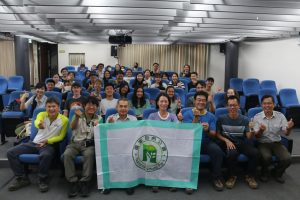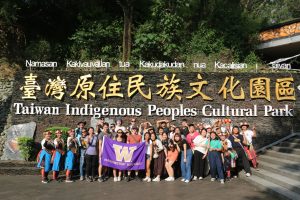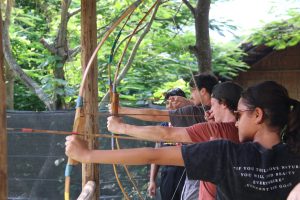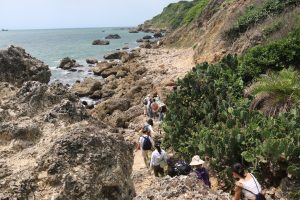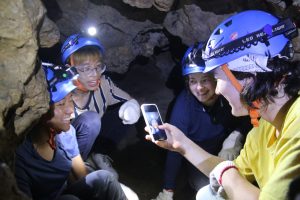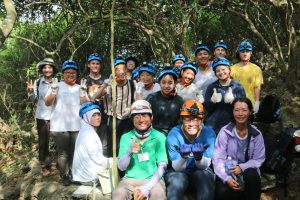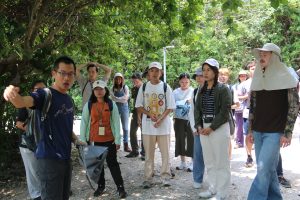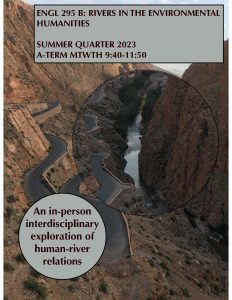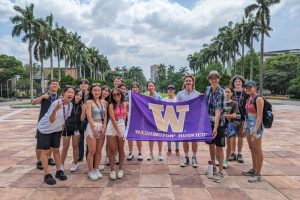
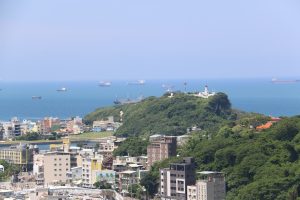
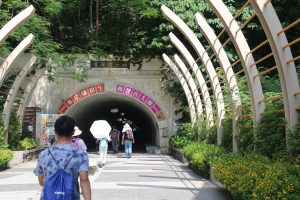
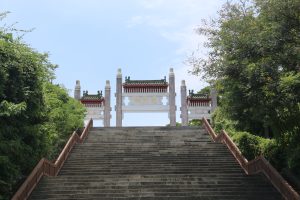
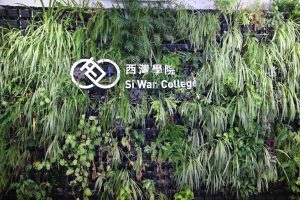
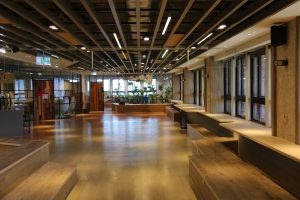
Article Contributor: Ian Oates, Program Coordinator, Taiwan Studies
The second iteration of the UW Taiwan Studies Program and UW Program on the Environment summer study abroad course, Exploring Environmental and Social Resilience, concluded two weeks ago.
This year’s program included eighteen UW students, ranging in academic discipline and undergraduate year. Led by Dr. Yen-Chu Weng, Lecturer in the UW Program on the Environment, the group spent 4 weeks journeying throughout Taiwan. Navigating the cities of Taipei, Changhua, and Kaohsiung, and exploring the Taiwanese countryside. The program’s mission was to gain first-person experience into the evolving environmental and social challenges facing Taiwan, while also investigating how Taiwan’s success in addressing these issues may have global applications.
To achieve these goals, each week of the program addressed a specific theme which connected students to leading scholars and universities, NGOs, and community organizations. Week 1, the “Eco-City,” allowed students to explore the ways in which Taipei engages with and protects its natural environment. Week 2, “Food and Society,” united UW and NTU students to explore agricultural and ecological projects tethered to Taipei’s urban sprawl. Week 3 began with joint UW-NTU student presentations addressing the themes of the program. After presentations, the program traveled to Changhua to pursue the theme of “Renewable Energy and Community Revitalization.” This theme engaged students in conceptualizing and experiencing how economic shifts and climate change affect community development outside the Taipei metropole. Week 4, “Eco-Tourism and Aboriginal Communities,” continued exploring aspects of Week 3 while focusing students on engaging with how indigenous Taiwanese communities navigate changing societal thinking about the environment and how to derive success therein. Highlighting their appreciation for the program’s time in Kaohsiung, one student shared how the visit to the Taiwanese Indigenous Peoples Culture Park provided them “a better sensitivity to Taiwan’s cultural history.”
Students co-authored a daily blog to document their journey which is currently being constructed. You can learn more about our trip here: https://sites.google.com/view/uw-poe-taiwan-2023/blogs
The success of the program continues to come from valued collaboration between Taiwanese universities: National Taiwan University, National Changhua University of Education, and National Kaohsiung Normal University. UW students on the study abroad program had the opportunity to share unique perspectives and work collaboratively with students from every university. Multiple UW students emphasized how the program’s partnerships with Taiwanese universities enriched their experiences: “partnering with the Taiwanese universities in each city was a highlight of the trip. [Getting] to know the students… greatly improved my experience in every city.” Faculty and staff from each university also accompanied the UW study abroad group during various stages of the program, sharing their expertise with students.
We look forward to Dr. Weng guiding the program again in the future. More details about the program can be found on our courses page here. We encourage UW students to consider taking part in this special opportunity during the next installment!

